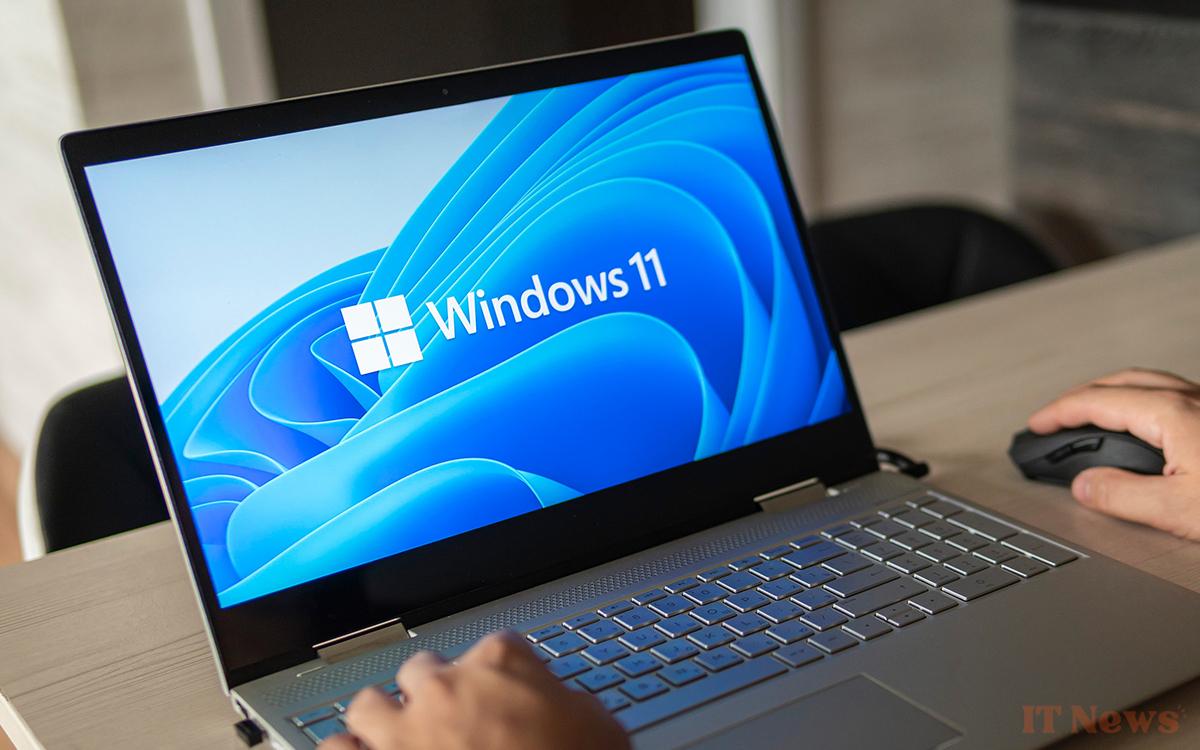The Windows 11 24H2 updates rolled out by Microsoft in February are causing serious performance issues on some PCs. Machines with recent Intel CPUs seem to be particularly affected. Some games can no longer launch, while the processor does not allocate enough resources to background tasks.
Windows 11 24H2 has not finished reserving some very bad surprises for us. This version has been subject to many bugs since its deployment began last October. While patches regularly resolve the many problems encountered by users, updates also add their share of new issues. The recent updates KB5050094 and KB5051987 have caused various crashes and slowdowns on PCs that installed them.
On the Neowin forums, a player complained that he had not been able to play Settlers New Allies for some time, the game being the victim of repeated crashes. He explains that he uninstalled the KB5050094 and KB5051987 updates from his computer, which allowed him to play the Ubisoft title again. Right after, Windows Update started downloading the KB5051987 update again, and installing it again prevented it from launching Settlers New Allies, confirming that it was the cause of the problem.
Recent Intel processors downclocked
We remember that the first versions of Windows 11 24H2 already made a number of games unplayable, including Path of Exile 2 and several Ubisoft titles. The processor would go up to 100% activity without ever going back down, significantly slowing down the PC, forcing you to close the game, and even restart the machine.
The latest versions of Windows 11 24H2 could also cause a significant drop in performance on PCs equipped with a recent Intel processor. The media Borncity reports erratic behavior of a configuration composed of an Intel Core Ultra 9 285K CPU and an ASRock Z890 Pro RS motherboard. First, it is only possible to boot the system using the latest beta BIOS. Otherwise, an error, which could be due to an Intel microcode update, prevents access to the computer's system.
Alerted by this strange phenomenon, the owner of the PC in question decided to subject his device to some performance tests to be sure that it does not suffer from deeper problems. He then realized that when a task no longer appears in the foreground, the processor core that powers the process becomes completely throttled. Its clock frequency is reduced, ruining the performance of the device. The PC actually goes into power saving mode.
A problem with power saving mode
A similar problem had already been documented a few months ago. It was possible to bypass it by tinkering with the settings to ensure that the application load is distributed across all processor cores when it is running in the background. But this time, this makeshift solution does not work. While waiting for Intel and Microsoft to fix the problem, changing the power saving mode settings to improve its performance allows you to unlock your machine.
The same tests were carried out on configurations with an AMD Ryzen 9 9950X processor and an Intel Core i9 12900K, under the same version of Windows. These two machines are not subject to the bug, suggesting that the LGA 1851 platform of the latest generation of Intel CPUs could be the only one affected by this specific issue.
The overzealous power saving mode may not be the prerogative of CPUs. According to some feedback, it seems that some sound cards are blocked there under Windows 11 24H2, causing the loss of audio for several seconds when starting playback. For our part, we have noticed an instability of our network card since a recent update, with the internet connection (via Wi-Fi or Ethernet) active a few seconds after starting the PC, then disappearing for about a minute, before becoming available again.




0 Comments